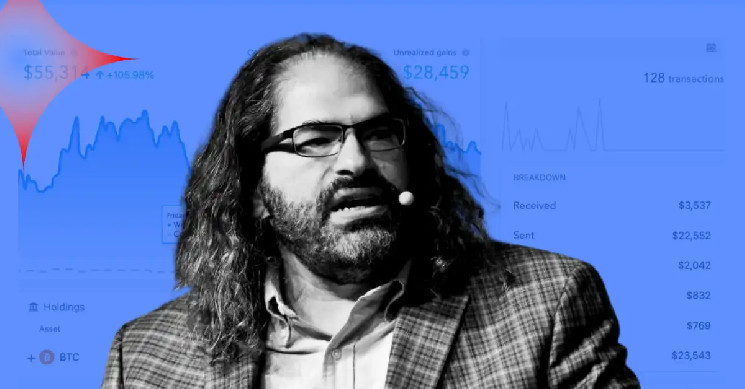The ongoing legal battle between Ripple Labs and the US Securities and Exchange Commission (SEC) has gained widespread attention, carrying profound implications for the entire cryptocurrency industry. The lawsuit, which began in December 2020, accuses Ripple, along with its CEO Brad Garlinghouse and co-founder Chris Larsen, of raising over $1.3 billion through an unregistered securities offering by selling XRP.
In the midst of this high-stakes legal fight, Ripple’s Chief Technology Officer (CTO), David Schwartz, recently shared his thoughts on the situation. He opened up about the challenges posed by the lawsuit and the broader regulatory scrutiny faced by the crypto industry. He explained how the legal constraints surrounding the case prevented Ripple from addressing certain truths about the situation. “One of the things that most annoyed me about the lawsuit and the war on crypto was that there were things that were indisputably true that I could not say,” Schwartz said.
While Schwartz acknowledged the frustration of not being able to speak freely, he found some solace in seeing others express these truths on Ripple’s behalf. He added, “It definitely lifted my spirits to see someone else say them when I could not.”
I feel that way sometimes. One of the things that most annoyed me about the lawsuit and the war on crypto was that there were things that were indisputably true that I could not say. It definitely lifted my spirits to see someone else say them when I could not.
— David “JoelKatz” Schwartz (@JoelKatz) January 10, 2025
Schwartz said that, despite his willingness to be more open about the matter, he believes discussing the past in detail would not be productive. He explained that, due to legal and strategic constraints, Ripple has been unable to directly combat misinformation, relying on the support of the XRP community, often referred to as the “XRP Army,” to help fill that gap.
Ripple Vs SEC Latest Update:
Judge Phyllis J. Hamilton has allowed Ripple CEO Brad Garlinghouse to keep some court documents sealed. This includes documents about judgments and expert testimony. Both Ripple and the SEC can keep these details private as the case moves to the next stage, following a rule to protect sensitive information.

